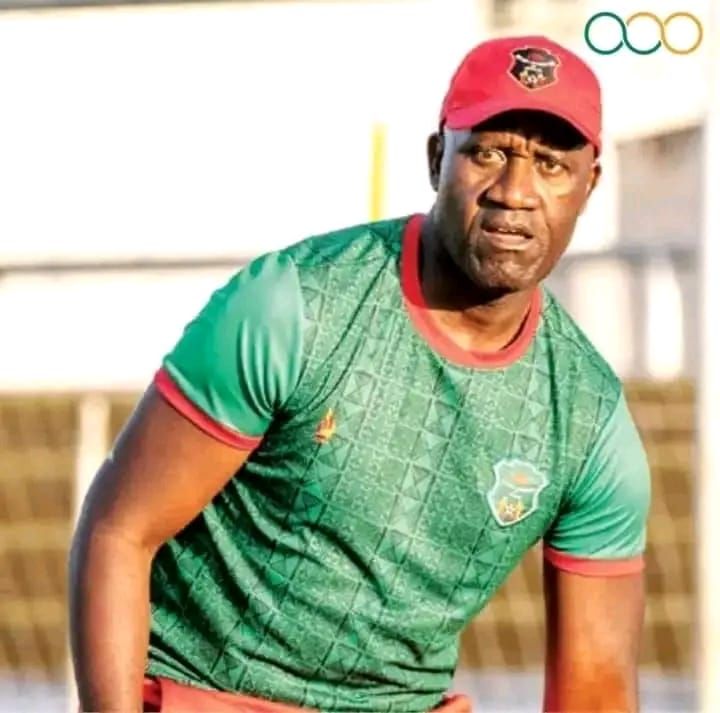By Burnett Munthali
The landscape of Malawian football is fraught with challenges that stem from a fundamental misunderstanding of the underlying issues affecting the game. A recurrent theme in the administration of football in Malawi has been the tendency to scapegoat coaches while leaving the broader systemic problems unaddressed. This approach not only fails to yield the desired results but also undermines the long-term development of the sport in the country.
The cycle of coach firing
One of the most apparent failures in the management of football in Malawi is the reflexive decision to fire coaches in response to poor performance. Over the past twenty years, it is estimated that more than twenty coaches have been dismissed, often without a thorough analysis of the factors contributing to the teams’ lack of success. This pattern creates a revolving door of coaching staff, leading to instability and inconsistency within teams. Coaches are often blamed for outcomes that may be influenced by various external factors, including player performance, management decisions, and the overall footballing infrastructure.

The oversight of systemic issues
The problem lies not only in the frequent changes of coaching personnel but also in the failure to address the root causes of the issues plaguing Malawian football. Key areas of concern include:
1) Infrastructure and Resources: The lack of adequate training facilities, proper equipment, and financial support for clubs hampers the development of players and teams. Without a solid foundation, even the most skilled coaches can struggle to implement their strategies effectively.
2) Player Development: There is a critical need for a structured youth development program that identifies and nurtures talent from a young age. Relying solely on senior teams to produce results neglects the importance of building a pipeline of skilled players who can contribute to the national team’s success in the long run.
3) Administrative Challenges: Governance issues within football associations can lead to mismanagement and corruption, diverting funds away from essential programs that could support player development and enhance the overall quality of football in the country.
4) Public and Private Support: Engaging local communities, businesses, and sponsors in supporting football initiatives can create a more robust financial base for clubs. A lack of investment from the private sector limits the growth potential of the sport.
The need for a comprehensive strategy
To move forward, Malawian football stakeholders must adopt a comprehensive strategy that addresses these systemic issues rather than relying on short-term fixes. This includes:
Conducting thorough assessments of existing structures and identifying the specific challenges that hinder progress.
Investing in infrastructure to ensure that teams have access to the resources necessary for training and development.
Establishing school teams and training programs that focus on cultivating talent and providing pathways for young players to succeed. Inspiring the young players to be passionate, self taught and creative players when watching games on TV and social media
Creating a supportive environment for coaches that includes ongoing training and development opportunities, rather than viewing them as disposable assets.
Conclusion
The challenges facing Malawian football are deeply rooted in a failure to understand the multifaceted nature of the issues at hand. By perpetuating a cycle of firing coaches without addressing the underlying problems, stakeholders are not only hindering the progress of teams but also stalling the growth of football as a whole in the country. A commitment to identifying and addressing these root causes is essential for building a more sustainable and successful footballing culture in Malawi. Only then can the nation hope to see a turnaround in its football fortunes and achieve long-term success on both domestic and international stages.


